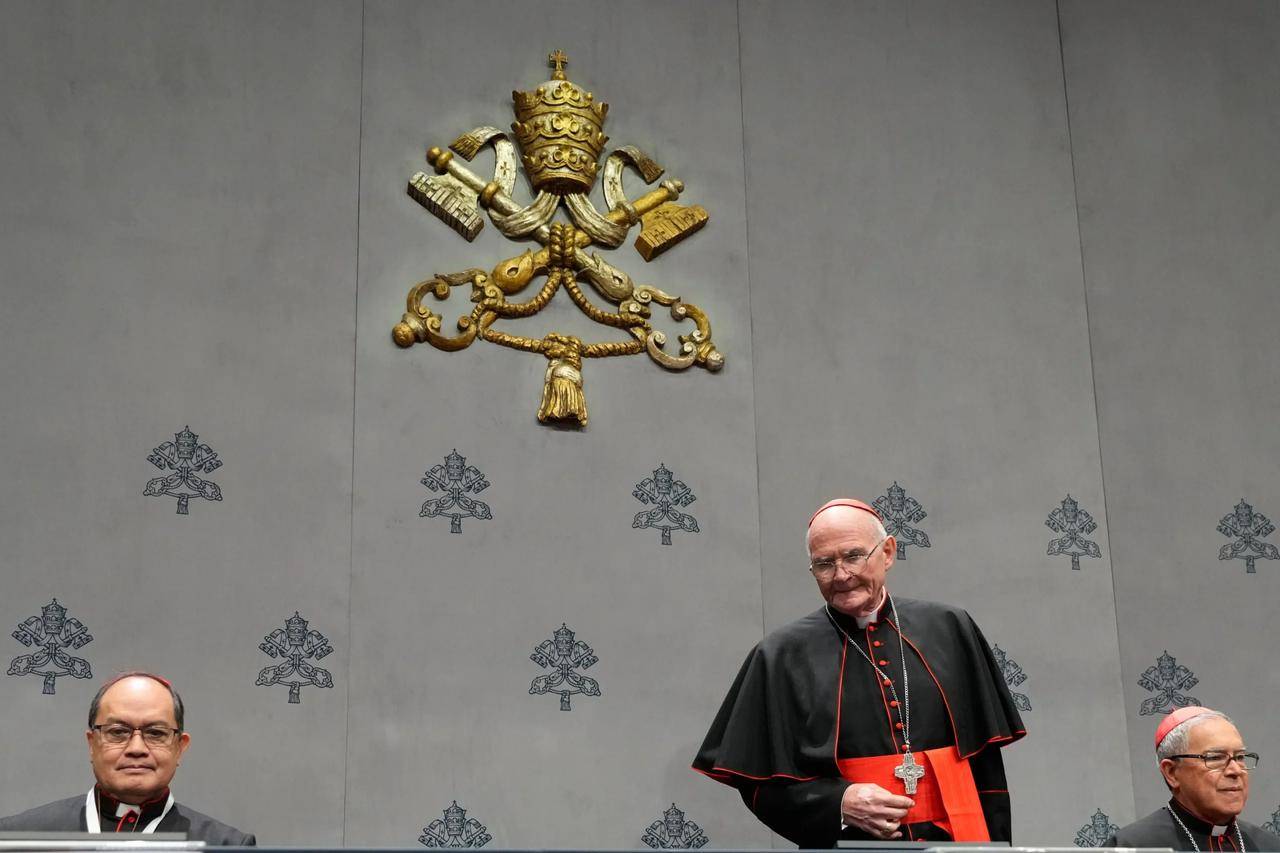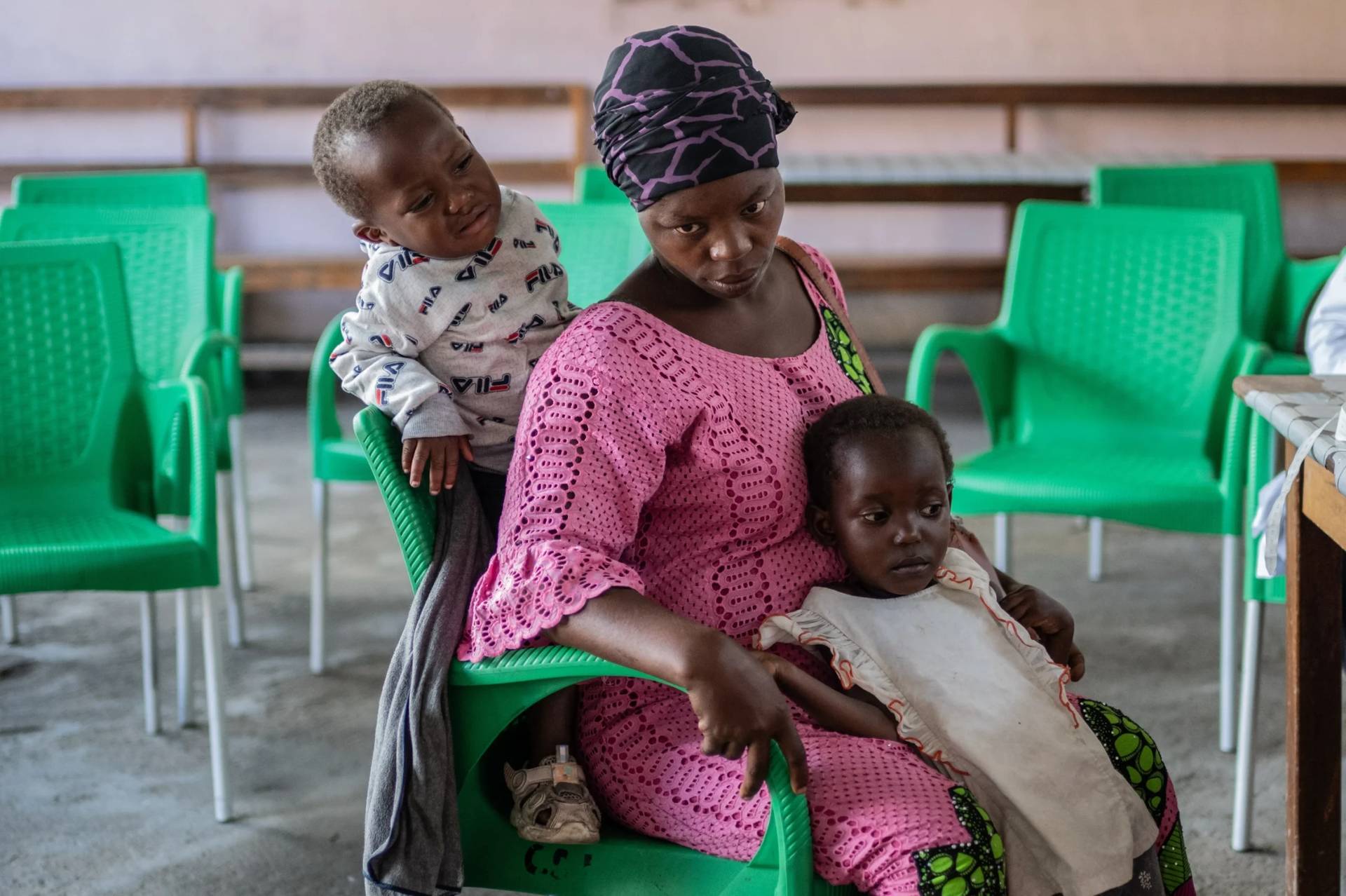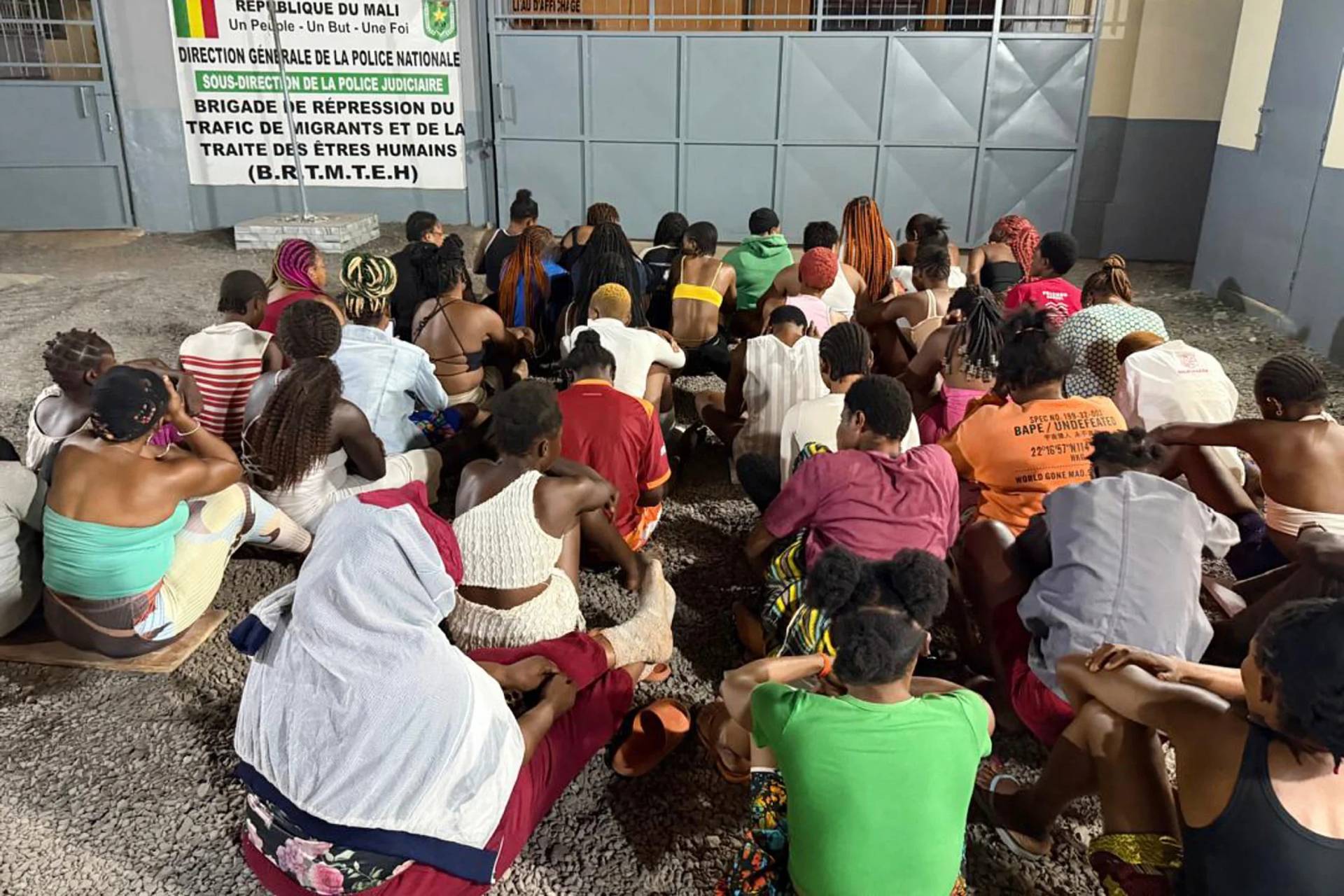EHA-AMUFU, Nigeria — When Father Innocent Mba was transferred to Holy Cross Catholic Church several years ago, the parish premises was in a reckless abandon. Trash dotted the whole grounds, and parishioners cut trees and burned bushes.
Father Mba started teaching his parishioners about conservation, having learned about climate change on Ekene Odigwe’s “Climate Time” radio program, which focuses on raising awareness to reduce the societal impacts of climate change in Nigeria.
“When I heard Ekene talk about climate change over the radio, it attracted me because it’s a program that resonates my interest in tree planting and conservation of farmlands and also discourages bush burning,” Mba told Catholic News Service.
Odigwe is a young Catholic and a popular radio presenter on Radio Nigeria, Nigeria’s first national public radio station that reaches up to 3 million listeners across 11 states. He’s also one of Nigeria’s leading young climate champions.
Every Monday, for 30 minutes, Odigwe discusses the climate, weather and how the people can take care of their environment. Some of the programs also focus on how materials like plastic can be properly managed.
Nigeria faces recurrent droughts, rising sea levels and deforestation. According to 2017 Ocean Atlas report, Nigeria is ranked No. 11 in the world for plastic pollution, posing health risks to citizens and causing environmental damage.
Odigwe has another interactive talk show, the “Red Carpet Show,” to advocate for climate change action. It was during this talk show Father Mba, one of his listeners, called in.
Odigwe said he did not even know that Mba had started projects based on the program until their conversation off air.
“Sometimes he sends in a text message at the end of the program requesting for clarification on the topic discussed on air,” Odigwe said.
Mba is not just listening to Ekene’s program for leisure. Behind his parish hall, he has converted about 24 acres of land into a rice farm. He said the value of the rice harvested could reach up to $10,000.
“The rice farm creates labor and brings in money for the development of the parish structures. The proceeds are also invested in our school,” the priest told CNS.
“But beyond these, it would go a long way in solving the need for availability of the staple food and also serve as a tool for evangelism, as it draws more parishioners to God,” he said.
In March, Mba sent about 40 55-pound bags of rice to St. Peter’s Seminary, a minor seminary in Okigwe Diocese.
Apart from the economic gains, Mba said Mass attendance has improved.
“When I came in 2017, we used to have only eight people who attend morning Mass, but the population has risen up to about 80, while we also have an exponential increase of 150 communicants to about 400 during Sunday Mass.”
Odigwe and Mba’s messages on climate change action have reached Ogbonna Kelechi’s home on the fringe of Eha-Amufu, about a 20-minute drive away from the school.
Ogbonna, one of Mba’s students at Holy Cross Catholic Secondary School in Eha-Amufu, says burning waste in a residential environment “is a very harmful practice and like a time bomb waiting to explode.” He said Mba “has taught us about the impacts of climate change and how we can avoid it.”
Ogbonna now talks to his parents and friends back home about climate change and how to control it.
“If there is anything else I can do, it is to ensure that this message gets out to others through my friends,” he told CNS.











